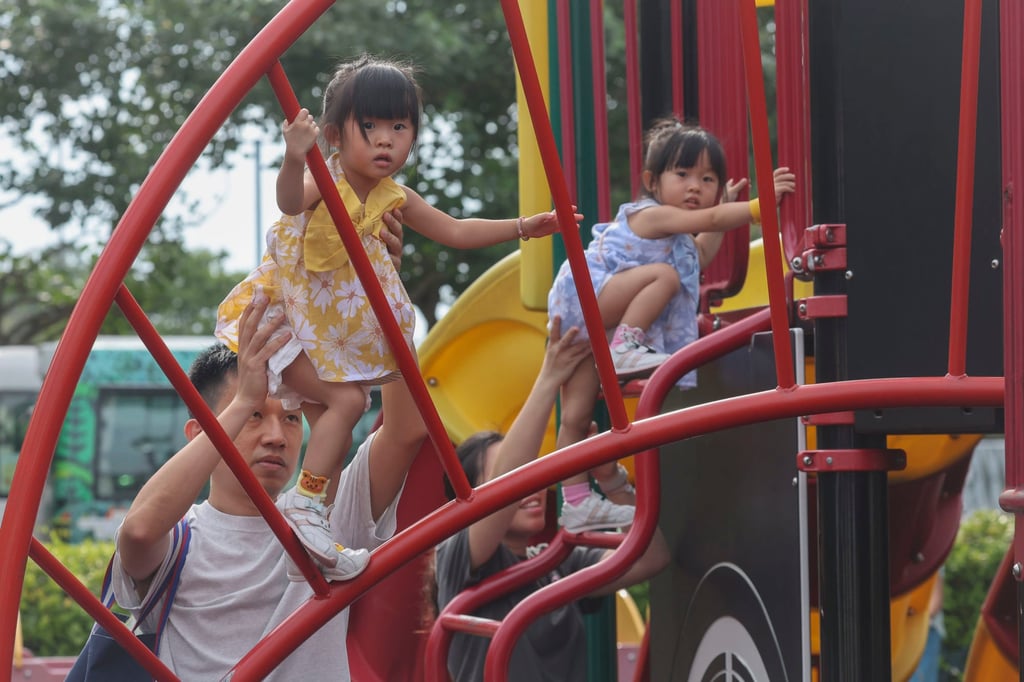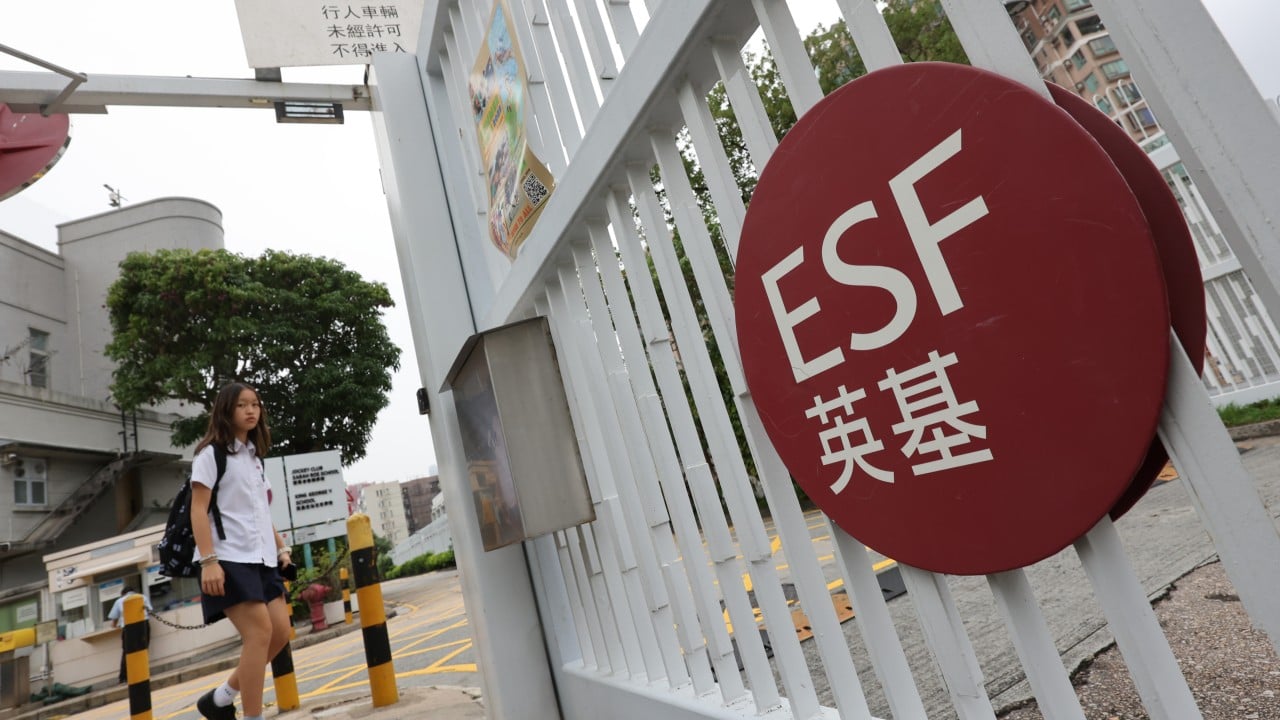Hong Kong’s largest international school group plans to open a new kindergarten in two years as part of a major developer’s mega project in the Sai Kung area, while also announcing it will close another institution in Tung Chung.
The English School Foundation (ESF) said on Wednesday that all students studying at the coming kindergarten, which will be located in Sai Sha, would be directly promoted to the nearby ESF Renaissance College.
Under the current system, K1 students who enrolled from August 2020 and are considered suitable for a mainstream English-language education are guaranteed to progress to a primary school and then a secondary one under the group.
“The new school, which will open in 2026, will accommodate up to 300 students across K1 and K2, offering a guaranteed pathway into Year One at ESF Renaissance College,” the ESF wrote on its Facebook page.
“This is the first time that we have completely aligned one of our kindergartens with a single school.”
Tuition fees for Year One to Six students at Renaissance College cost HK$141,300 (US$18,100) annually.
The ESF, which operates 22 kindergartens, primary and secondary schools in the city, has yet to reveal the cost of tuition fees for the new kindergarten, as well as any details regarding its facilities and class sizes.
“Tuition fees are currently being finalised and subject to approval by the Education Bureau,” it said.
The new school will be built on land currently being developed by Sun Hung Kai Properties as part of its mega project in Sai Sha.
The mega project is the largest of its kind by the developer in recent years and will see 9,500 private residential flats built on 74.8 hectares (185 acres) of land in Shap Sze Heung, near Sai Sha Road.
The ESF also said it would close down its Tung Chung campus once the new kindergarten opened its doors. The institution had 312 students in 2022 and charges annual tuition fees of HK$96,900.
“The existing kindergarten in Tung Chung will relocate to Sai Sha when it opens in 2026,” the ESF said.
K1 students studying at the Tung Chung campus in the 2025-26 academic year would move to the new Sai Sha school for K2 in 2026-27, it added.
Ruth Benny, founder of education consultancy Top Schools Asia, which specialises in international schools, said the new practice of directly promoting graduates from the Sai Sha kindergarten to Renaissance College, the ESF’s private independent school, would help it meet its local student quota.
Private independent schools in Hong Kong primarily cater to local families seeking alternatives to public sector institutions and must ensure that 70 per cent of their student populations comprise permanent residents.
“The new ESF kindergarten makes a lot of sense as a feeder into Renaissance College, a private school while students with foreign passports will be encouraged to consider other ESF schools,” Benny said.
Kindergartens and their school sponsoring bodies have been promoting their institutions to parents to recruit students after the city recorded low birth rates of 32,500 in 2022 and 33,200 in 2023.
Parents of babies born in 2022 are expected to start signing up their children for kindergartens this year.
The Post earlier reported that international schools were becoming more popular in Hong Kong, with the number of students reaching an 11-year high last year.
Official data also showed the proportion of students at local institutions had dropped to a record low amid a shrinking pupil population.

Lam Chui-ling, a preschool principal and the vice-chairwoman of the Hong Kong Federation of Education Workers, said this year would be a difficult one for kindergartens.
“I can only say the current enrolment situation in the sector is not good,” she said.
“Some heads said to me they received no inquiries from parents asking when will the application start, while they had a number of inquiries in previous years’ summers,” she said.
In Hong Kong, subsidies for kindergartens joining the government’s Kindergarten Education Schemes are dependent on their enrolment numbers.
Preschools receiving subsidies for 2024-25 can receive a subsidy of HK$39,200 for each student taking a half-day session, HK$50,960 for those studying the whole day and HK$62,720 for each pupil taking a “long whole day” session.


